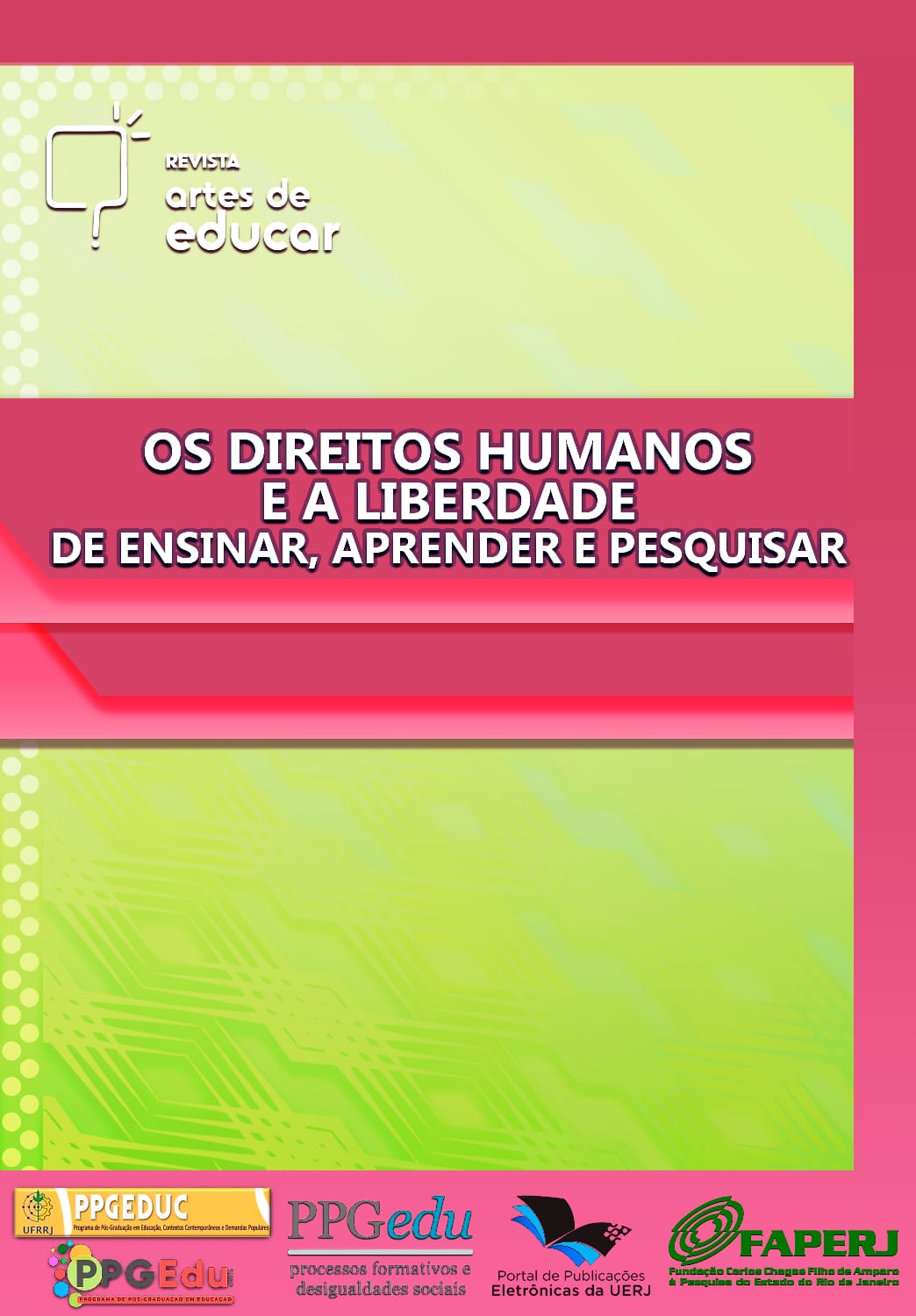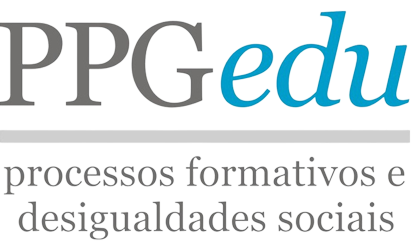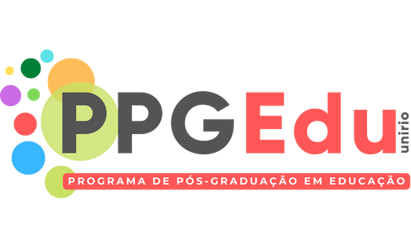UNIVERSIDADES S.A: INDÚSTRIA EDUCACIONAL, CAPITAL FINANCEIRO E EXCLUSÃO SOCIAL
DOI:
https://doi.org/10.12957/riae.2024.82453Palavras-chave:
Educação Superior, Mercadorização, Financeirização da EducaçãoResumo
Desde os anos 2000 o Ensino Superior privado no Brasil passa por um processo de centralização e concentração capitaneado por grandes empresas internacionais de capital aberto, as holdings. Para entender este fenômeno, delimitamos como objeto a Universidade Estácio de Sá, empresa do grupo YDUQS Participações S.A. O objetivo é analisar a ação das holdings na reorganização do Ensino Superior privado, sob a lógica da maximização do lucro nas finanças. Como resultado evidenciamos como a YDUQS Participações S.A estratificou os cursos de graduação por faixa de renda, limitando a modalidade presencial ao “Ensino Premium”. Concluímos que a mercadorização da Educação Superior tem por consequência a transformação de um direito social em um serviço.
Publicado
Como Citar
Edição
Seção
Licença
Copyright (c) 2024 Igor Andrade, Rodrigo Lamosa

Este trabalho está licenciado sob uma licença Creative Commons Attribution-NonCommercial 4.0 International License.
Os autores mantêm os direitos autorais dos seus trabalhos, têm permissão para publicar e distribuir seu trabalho online (ex.: em repositórios institucionais ou na sua página pessoal) a qualquer ponto antes ou durante o processo editorial, já que isso pode gerar alterações produtivas, bem como aumentar o impacto e a citação do trabalho publicado.
A aceitação do texto implica na autorização e exclusividade da Revista Interinstitucional Artes de Educar acerca do direito de primeira publicação, os trabalhos publicados estão simultaneamente licenciados com uma licença Creative Commons Atribuição-Não Comercial 4.0 Internacional 























